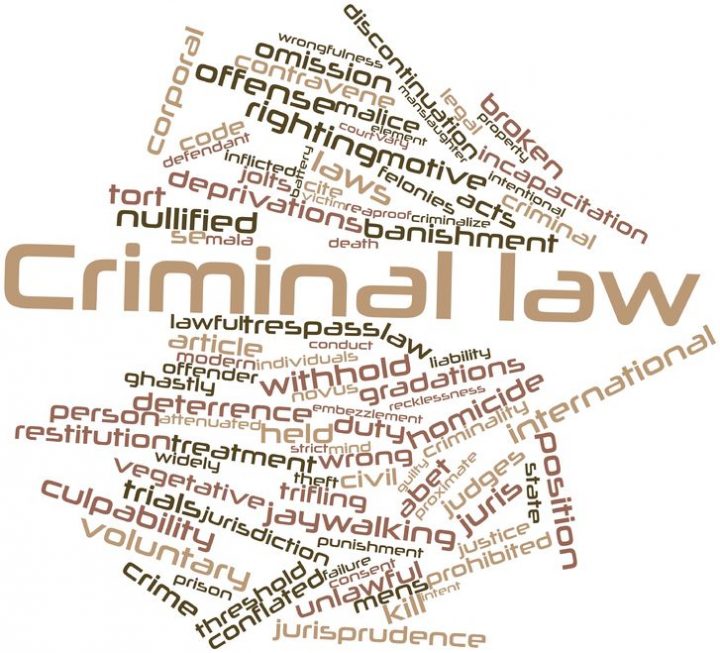
False Personation Charge is a serious crime that could cost you your freedom. If someone in Oklahoma tells you they’ve been charged with false personation, they are facing a potential felony. False personation occurs when someone pretends to be another person with the intent to deceive. This act can lead to various legal issues depending on what the impersonator does under that false identity.
Receiving Money or Property Intended for Another
In Oklahoma, false personation charge is a crime where the person pretends to be someone else to achieve an unlawful purpose. This could include signing documents as someone else, claiming another’s property, or even incurring debts in someone else’s name. The law is clear: to convict someone of this crime, certain elements must be proven beyond a reasonable doubt.
- Assuming Another’s Identity: The accused must have taken on the identity of another person.
- Intentional Impersonation: The act of impersonation must have been done on purpose.
- Action Under False Identity: The impersonator must have engaged in activities that could harm the person they are impersonating, like creating liability or obtaining benefits.
- Intent to Deceive: There must be a clear intention to mislead or deceive others by impersonating someone else.
Consequences
Violating Section 1532, which involves falsely impersonating another to receive money or property intended for that person, results in various penalties based on the value of the money or property received:
- Less than $1,000: This is a misdemeanor offense, punishable by up to one year in county jail, a fine up to $1,000, or both.
- $1,000 to $2,499: This qualifies as a felony, with potential penalties including up to two years in state custody or one year in county jail, a fine up to $5,000, or both.
- $2,500 to $14,999: Also a felony, punishable by up to five years in state custody or one year in county jail, a fine up to $5,000, or both.
- $15,000 and above
Defending Against Charges
If you find yourself accused of false personation, the situation is undoubtedly stressful. It’s crucial to understand how you can respond to these charges effectively. One effective defense is proving there was no intent to deceive. If the impersonation was accidental or without fraudulent intent, this could be a valid defense. Sometimes, proving that it was a case of mistaken identity can dismiss the charges. If you can show you were incorrectly identified as the impersonator, you might avoid conviction. It’s also important to note that if the prosecution fails to prove any of the required elements beyond a reasonable doubt, the charge may not stand.
Related Personation Charges
False Personation Relating to Marriage
This crime involves impersonating another person to engage in acts that would legally bind or benefit the impersonator or another. Specific acts include entering into a marriage, posting bail, signing documents, or any act that could cause legal or financial consequences to the person impersonated. The penalty for false personation is a felony with a potential imprisonment of up to ten years.
False Personation of Public Officers and Related Acts
This offense includes impersonating public officials, law enforcement officers, or other authorized individuals. It’s a misdemeanor for basic impersonation, punishable by up to six months in jail, a $2,000 fine, or both. It’s a felony for using fake legal processes or for actions attempting to intimidate public officials through false authority, with penalties including up to two years in prison, a $5,000 fine, or both. If you are convicted of the crime you can either get a deferred or a suspended sentence depending on the facts of your case.
Identity Theft
Identity theft is committed by obtaining someone else’s personal identifying information without permission to access money, goods, or services. It’s a felony, punishable by one to five years in prison, a fine up to $100,000, or both. If the victim is under eighteen, the penalty increases to two to ten years in prison, with the same fine.
Obtaining Information from a Financial Institution by Fraud
This crime involves fraudulently obtaining personal or financial information from a financial institution. It is a felony punishable by up to ten years in prison. Restitution may also be ordered by the court to compensate any victims whose information was illegally accessed or used.
Tulsa False Personation Lawyer
A False personation charge is also known as false pretense and is a serious offense in Oklahoma, carrying significant legal consequences. Whether it involves financial deceit, identity theft, or other harms, the law treats these acts with gravity. If accused, it’s critical to understand the elements of the crime and potential defenses. Facing a false impersonation charge in Oklahoma? It’s crucial to have a defense lawyer in your corner. Contact Tulsa Criminal Lawyers Law Firm today at (918) 416-0358 or online for a consultation.
